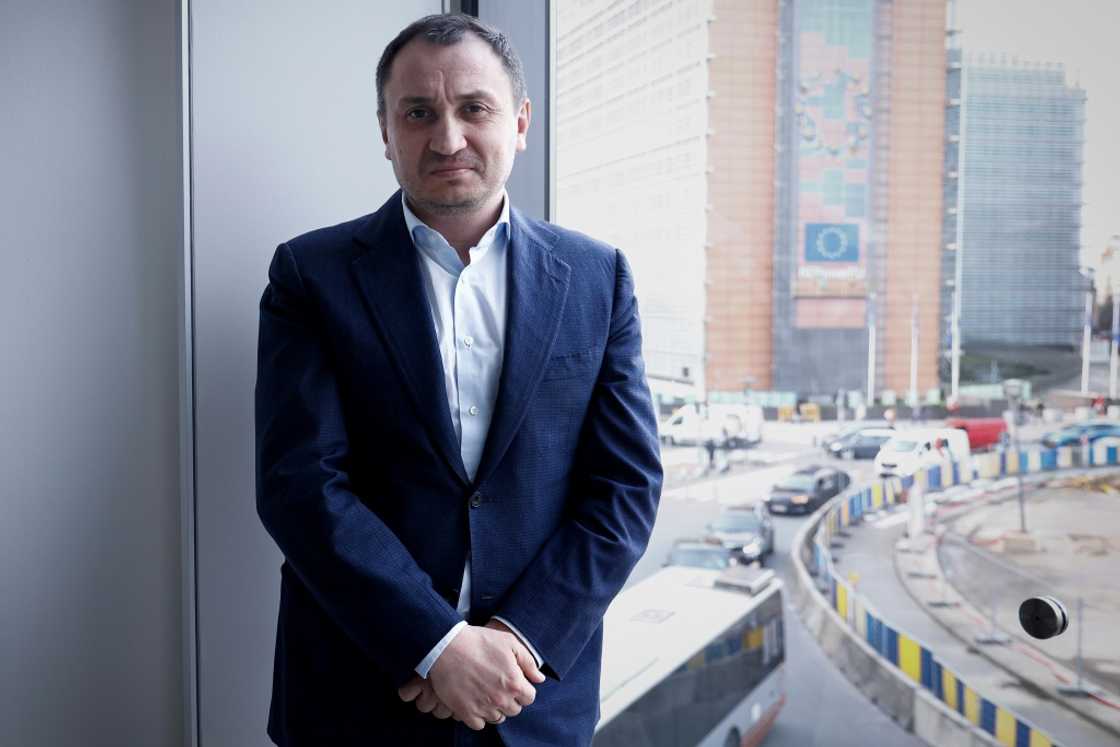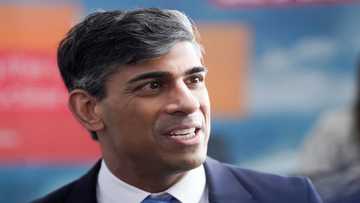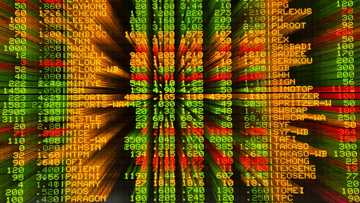Ukraine ready to licence farm exports to assuage Poland: minister

Source: AFP
Ukraine is ready to introduce export licences for its agricultural products to help address farmer anger in Poland, its agriculture minister told AFP, adding that he was "disappointed" by EU curbs on those goods.
Polish farmers have since February been blocking border posts with Ukraine in protest at what they view as unfair competition from their neighbouring counterparts, who have special EU dispensation since 2022 -- the year Russia launched its all-out invasion -- to export duty-free into the bloc.
Warsaw is calling for an EU ceiling on Ukraine imports, after having imposed one unilaterally last year.
Both countries are looking for a way out of the impasse.
"The licensing system... We agree with it, we are ready to go with it, but only for four types of cereals," Mykola Solsky said in an interview late Monday.
"We have the similar system working with Romania and Bulgaria already," he said.
His comments came ahead of a meeting of EU agriculture ministers in Brussels on Tuesday that he was attending.
Solsky said there would be a meeting Wednesday between Ukrainian and Polish agricultural organisations that he would attend, along with his Polish counterpart. On Thursday the Ukrainian and Polish governments would hold a joint meeting on the issue.
Poland's development minister Krzysztof Hetman, quoted by Polish news agency PAP, said Monday that negotiations with Kyiv were "well advanced" and tackling sensitive products that could come under a licensing system, with a conclusion expected "this week".
Solsky, though, was more cautious.
"I cannot forecast what will actually happen in Warsaw this week.... I also would like to be optimistic. But I have to be realistic in this case," he said.
He said there was undue focus on exports going over the land border into Poland.
"Ninety percent of Ukrainian agricultural products right now redirect through the seaports," he said, adding that "70 percent of Ukrainian grain has been exported to Asia, Africa and other parts of the world".
Capped products
EU member countries and lawmakers in the European Parliament have agreed to extend for another year, from June, the duty-free exemption for Ukrainian agricultural goods.
But imports into the EU of poultry, eggs, sugar, maize, groats and honey are capped to average volumes from 2022 and 2023 as a "safeguard".
Some EU countries want wheat and barley to be added to that list.
"We are definitely disappointed" at that outcome, Solsky said, adding that Kyiv wanted to discuss the figures before the announcement.
The minister argued that sugar, for instance, should not have been capped because there was a "deficit of sugar in Europe" and its price was twice that of what it was before Russia's full-on invasion roiled markets.
"If after the 5th of June Ukrainian sugar is not be exported to the EU the internal price for sugar will be the highest in the world," he said.
He also said that Ukraine supplied just one percent of the EU's demand for eggs and two percent of what it consumes in poultry -- adding: "I'm more than convinced that one percent does not influence the market."
On wheat, Solsky admitted that EU prices had dropped but said "this price is low not because of Ukraine, but because we have high harvests in Brazil, Argentina and America".
Farm associations in Europe are unconvinced, asserting that Ukrainian agricultural goods are underpriced in part because they do not have to abide by EU norms such as restrictions on pesticides and on mega-farms.
For Solsky, Ukrainian farmers face their own burdens in the form of more expensive imported fertiliser, a lack of workers, and higher logistical and insurance overheads.
As for a plan by Brussels to levy punitive import duties on Russian agricultural imports, Solsky said he viewed that as "a step in the right direction" -- but called on the EU to "go a bit further and actually impose a ban".
New feature: Сheck out news that is picked for YOU ➡️ click on “Recommended for you” and enjoy!
Source: AFP




